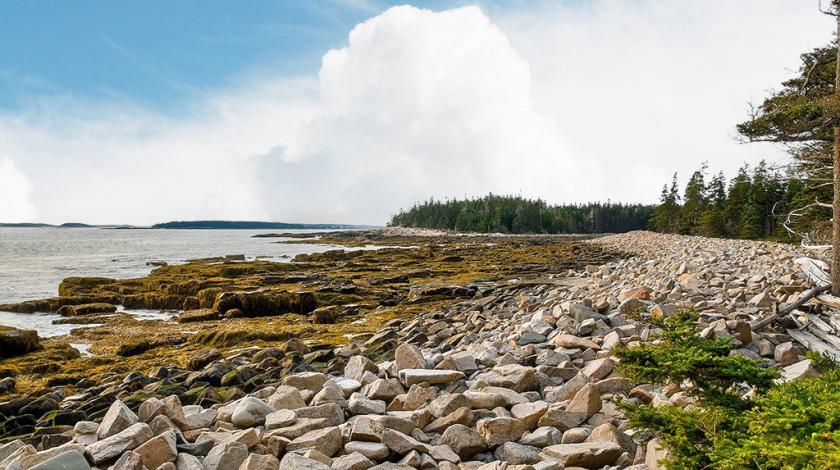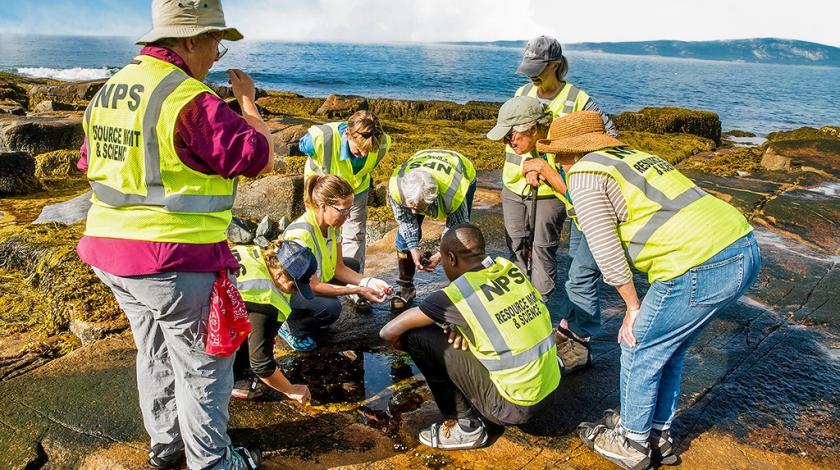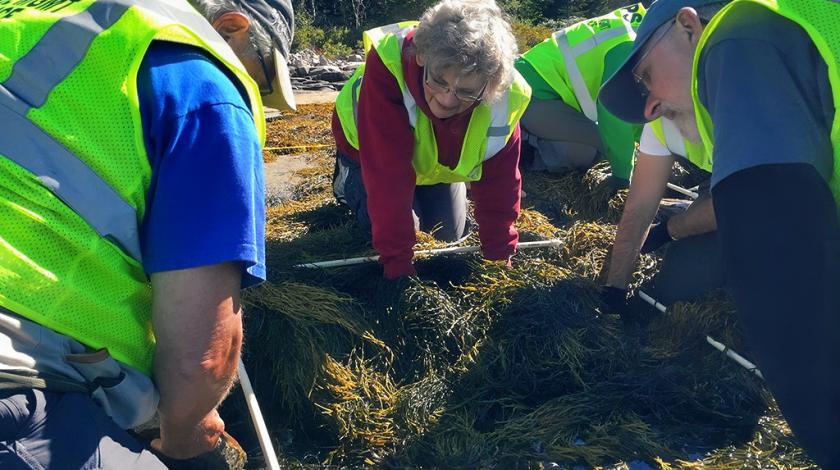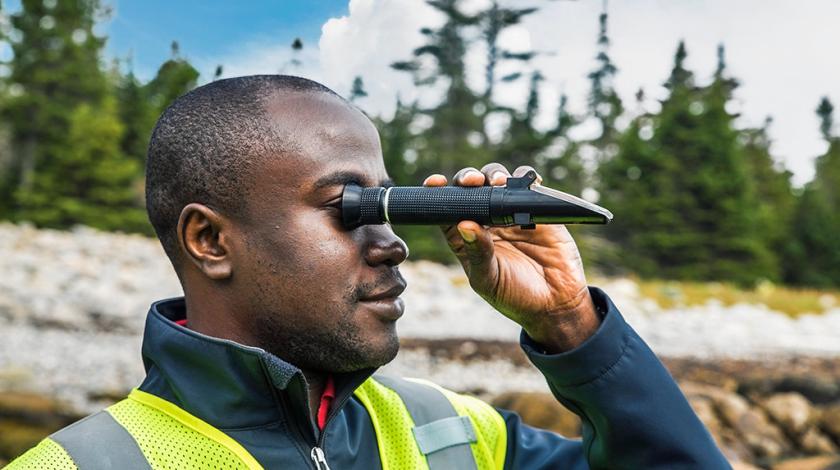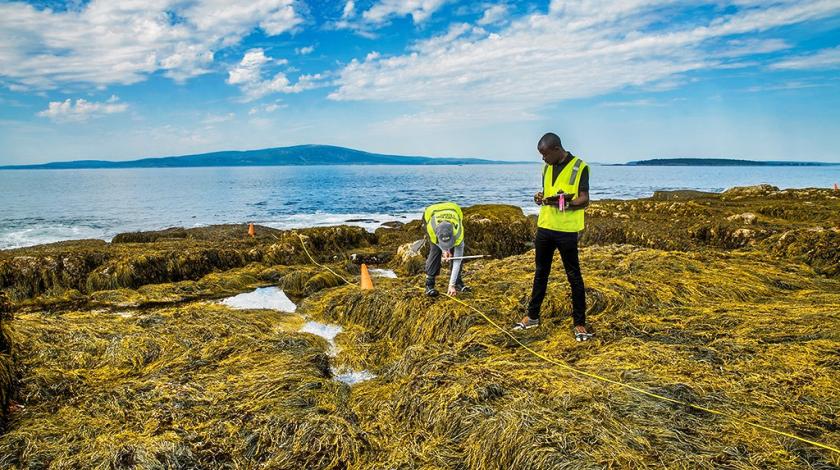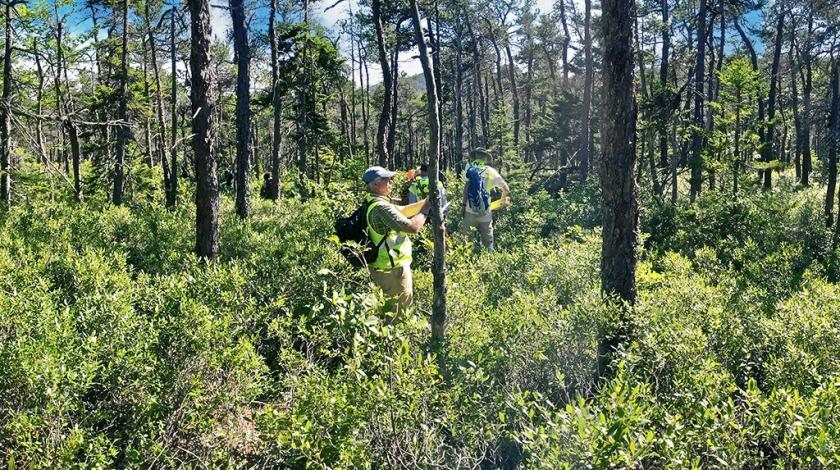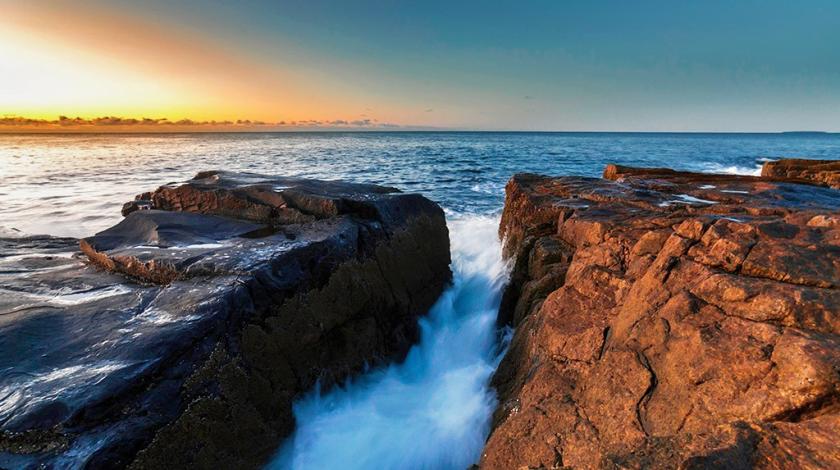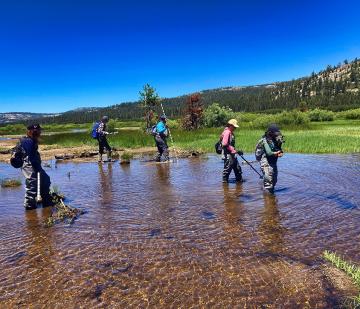BOOK WITH A $500 DEPOSIT
Climate Change: Sea to Trees at Acadia National Park
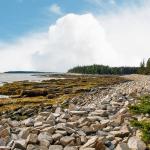
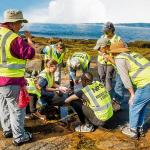
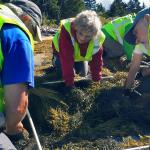
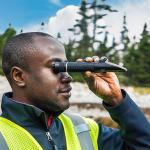
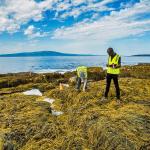
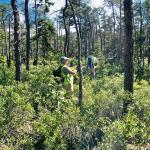
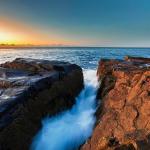
Help researchers add to over 120 years of data, revealing how our reliance on fossil fuels is affecting one of America’s most beautiful places.
 The granite mountains and craggy coasts of the islands that make up Acadia are famous for their beauty and their wildlife. This is classic, unspoiled New England. Schoodic Institute at Acadia National Park, our partner, is based near the tip of Schoodic Point, feet away from the crashing surf.
The granite mountains and craggy coasts of the islands that make up Acadia are famous for their beauty and their wildlife. This is classic, unspoiled New England. Schoodic Institute at Acadia National Park, our partner, is based near the tip of Schoodic Point, feet away from the crashing surf.
Acadia is home to a stunning diversity of wildlife. It is on a bird “superhighway,” a route heavily traveled by birds that migrate between Canada and South America. Researchers have recorded 23 species of warblers alone here. Additionally, the park’s lakes and coastal waters provide a home for 30 species of fish and a wide array of invertebrates, such as sea stars and urchins.
But global change–like warming temperatures and ocean acidification–are having significant impacts on the park, threatening the diversity of wildlife within. Acadia’s scientists have compiled over 120 years of detailed natural history observations to compare current patterns to. On this expedition, you'll help collect similar data that can be compared to this extended time-series data-set, revealing how Acadia is being influenced by a changing climate. Few places in the country have such a rich pool of observations to draw from and make comparisons to.
Help scientists tell the story of how humans are reshaping Acadia, which they hope will inspire management actions that will help safeguard this iconic National Park.
.
A Typical Itinerary
- DAY 1 Meet at rendezvous, travel to Schoodic Institute, Project introduction and safety overview
- DAY 2: INTRODUCTION
- Introduction to research site and lab, research methods, and species identification training.
- Safety briefing
- Learn to use iNaturalist, eBird, and other helpful citizen science apps
- Collect data on intertidal and/or forest biodiversity.
- DAYS 3–6: DATA COLLECTION
- Continue biodiversity data collection at different forest and/or intertidal sites.
- Safety briefing
- 1–2 research presentations or lectures.
- DAY 7 Departure
.
HOW WILL YOU HELP
.
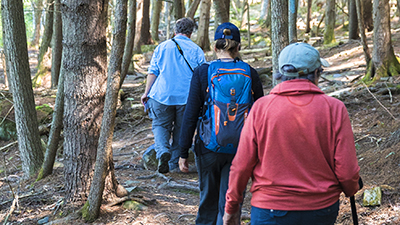
Hike to observe birds, plants, insects, and intertidal organisms
While covering about two miles a day, you'll identify and record forest edge and intertidal zone species, as well as some of the bird species that visit or inhabit this edge.
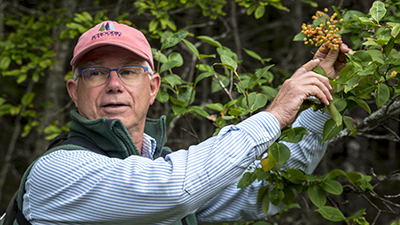
Record flowering shrubs
You will record when native shrubs that are important to migrating birds are flowering and bearing fruit.
Survey crab populations
You will hunt for crabs in the intertidal zone, counting the number of invasive green crabs and native Jonah crabs. You will learn to use citizen science apps such as iNaturalist and eBird to record biodiversity data that can then be accessed and used by researchers and park managers.
Field conditions and research needs can lead to changes in the itinerary and activities. We appreciate your cooperation and understanding.
.
FEEDBACK & QUESTIONS
.
5 Reviews on this Expedition
GET EARTHWATCH NEWSLETTER
Bi-weekly announcements, new expeditions, and updates on our impact around the globe.
